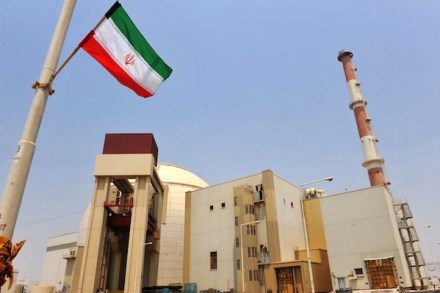What went wrong in Afghanistan
When Joe Biden ordered the withdrawal of American troops from Afghanistan, he was able to say that they’d leave behind a formidable Afghan army with 300,000 troops, paramilitary police and some 30,000 special forces. That is, on paper, more than enough to secure the country against an insurgency if skilfully deployed and well motivated. The best of these troops are as good as any in the region. But they ended up strung out in thousands of checkpoints across the country, poorly fed, rarely paid, and with fuel and ammunition sold off before it reached them. Many of the units were composed of ‘ghost soldiers,’ phantom troops whose pay was collected by senior officers. Just





















